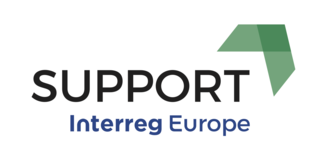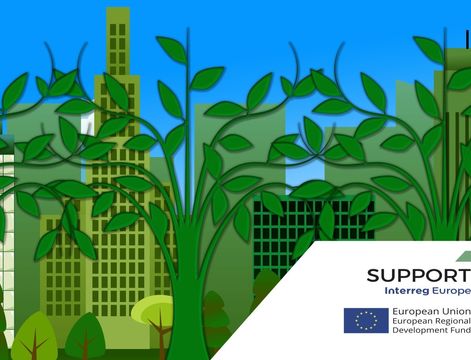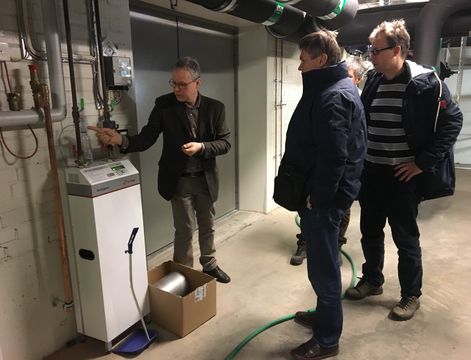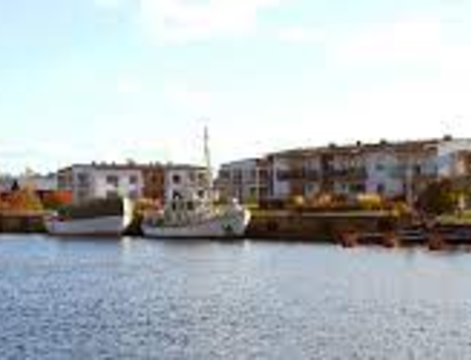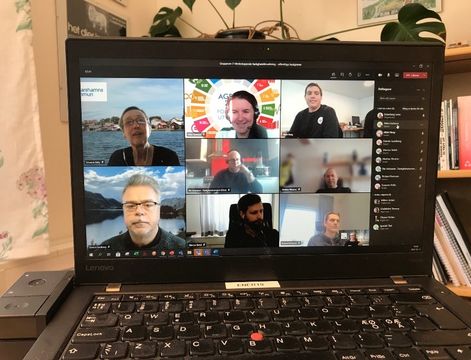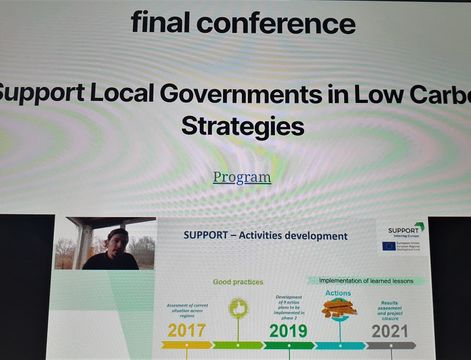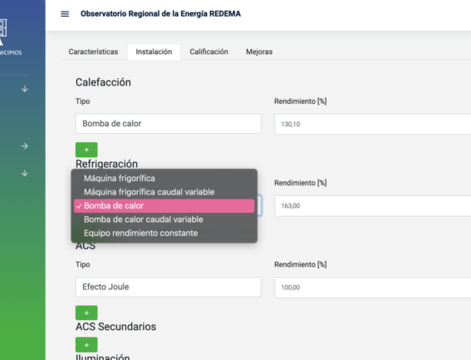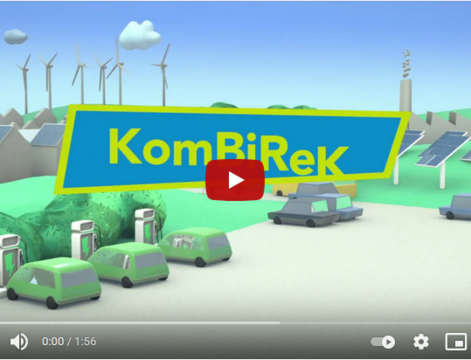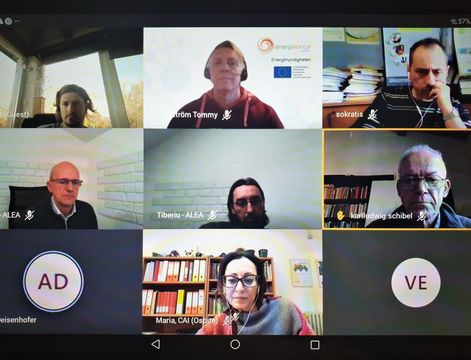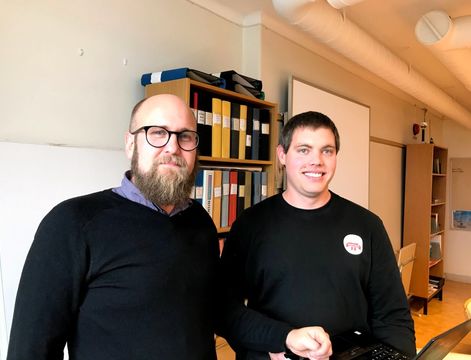After first regional stakeholders’ meeting, held on may, Metropolitan City of Rome, as partner of SUPPORT project, meets for second time main regional and national actors in energy efficiency and sustainability policies, during first regional workshop, on July, 13th. The discussion based on two main themes: the context analysis and the actual implementation of energy policies at regional and metropolitan level, and a good practices overview (at national, regional, European level) regarding EE projects on public buildings.
The workshop brought out a first, factual elements on context study: the national Environmental authority gave an overview of financial instruments dedicated to implement national energy strategy, both connected to international objectives (POI Energy 2007-2013, Kyoto protocol) and national incentives for Co2 reduction.
The regional authority illustrated the POR-FESR (2014-2020) framework, Euro 59 mln total, aimed to the efficiency of Regional institution itself stock, and to PAESC actuation too. Come out ideas on how integrate actions for greater effectiveness and involvement of private investors: quality and technological innovation of funded projects, research and enterprises subjects’ cooperation, deeper knowledge of background data, monitoring system of implementation phases, coordinating municipalities involved in action plans (PAESC). The regional strategy bases on “territorial governance”, aiming to connect different interventions into a global strategy (smart buildings, bio-building, circular economy on agricoltural , mobility) for achieving fixed goals.
Climate Alliance Italy, SUPPORT advisory partner, gave its technical support and presented some best practices at European level.
SUPPORT's project is part of the regional strategy for a shared governance between public authorities, research subjects and private actors. Metropolitan City role will be focused on supporting the implementation of PAESC, coordinating the Covenant of Mayors at every stages (preparatory phases, monitoring funded projects realization). Elements that will not be missing in SUPPORT action plans (second phase) are related to overcoming barriers: knowledge of available tools, context analysis, complete energy audits, procedural difficulties reduction, support innovation and technical quality of projects, economic benefits and positive returns for ESCOs and enterprises. By this way, good practices discussed basically showed good ways of attracting private funds, through project financing, such as Metropolitan City of Rome experience (that brought to 250 photovoltaic systems in secondary schools, relevant part of its total stock), or through EPC contracts, as in Milan-provincial authority case, which acted as unique contractor for energy efficiency projects in various municipalities schools.
So, the regional actors started defining criteria to be used in future Action Plans, starting from a coordinated action at regional and metropolitan level and from the proper role of the Metropolitan City in facilitating and supporting local authorities to make actractive investors for smaller local communities.
The online survey recently done was a basic instrument for stakeholders’ consultation, functional to the context analysis phase in every partners’ region.
Working papers presented and discussed by stakeholders an CMRC Support Partner
